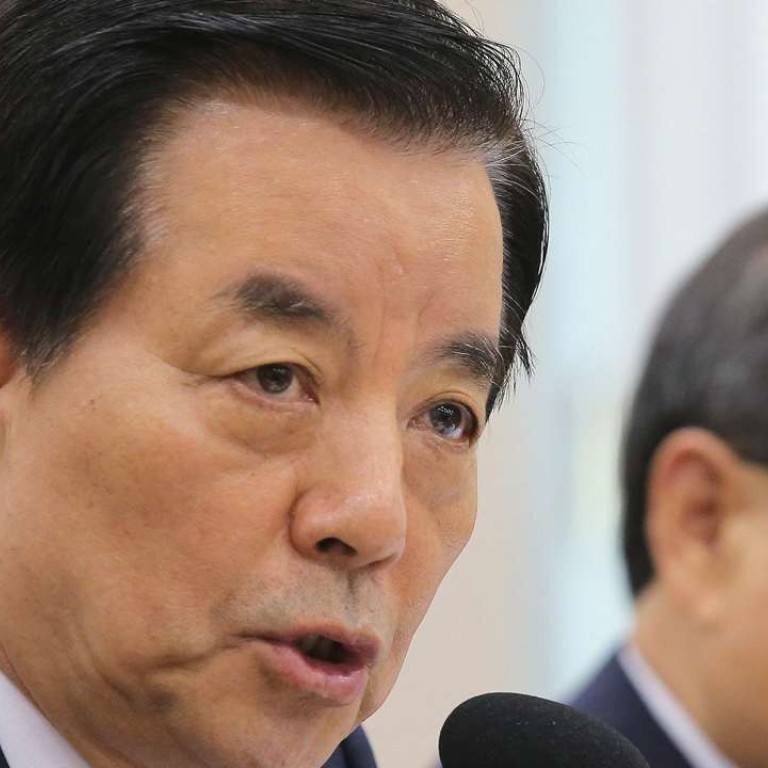
South Korea willing to share THAAD data with Japan in snub to China and Russia
Controversial anti-missile system is slated to become operational by the end of 2017
The South Korean Defence Ministry said on Thursday that it could share information on North Korean missile launches obtained from the radar of an advanced anti-missile system to be installed in the southern part of the country.
The disclosure, made by a ministry spokesman at a regular press conference, marks a reversal of the government’s stance on sharing information obtained by the Terminal High Altitude Area Defence system with Japan.
The South Korean government previously denied the possibility of sharing the radar information with Japan, with Defence Minister Han Min-koo previously saying that even if it were provided to Japan, it would “not be of any use”.
The controversial Terminal High Altitude Area Defence system, or THAAD, which Seoul and Washington agreed last month to deploy in Seongju County, North Gyeongsang Province, is slated to become operational by the end of 2017.
The United States, South Korea, and Japan in December 2014 signed a memorandum of understanding on sharing and safeguarding classified information on North Korea’s nuclear and missile programmes.
The ministry spokesman said that under that trilateral information-sharing agreement, information sharing with Japan would be possible.
Sources well-versed in Japan-US security issues said that since the THAAD battery is from the outset a US installation, South Korea could not be involved in the provision of information to Japan.
The United States and South Korea announced they will deploy the THAAD system to better cope with North Korea’s nuclear and ballistic missile threats. The announcement has prompted strong opposition from China and Russia, which contend that the system will needlessly escalate regional military tensions and undermine their security interests.

